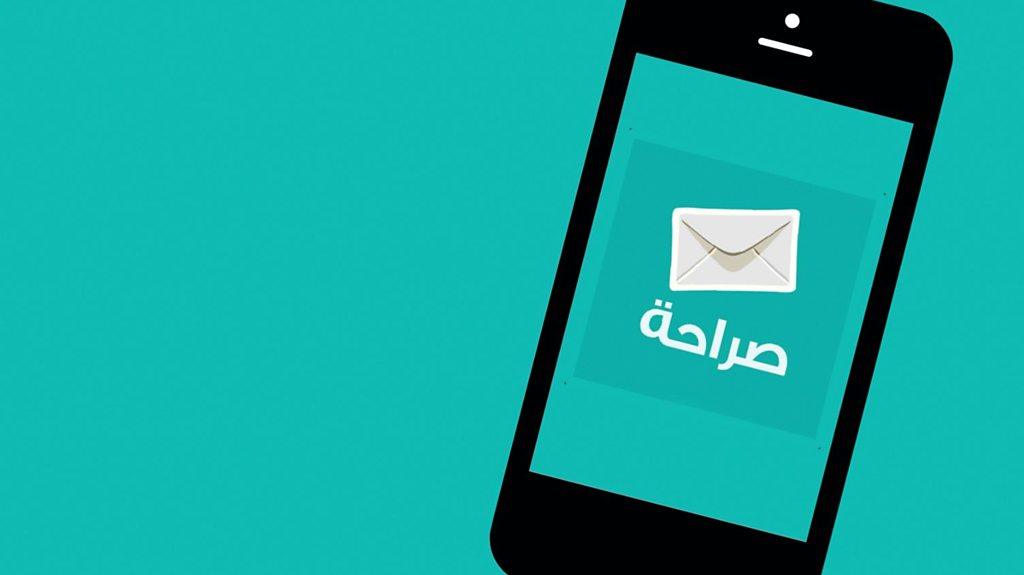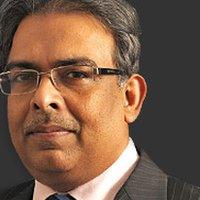Why people are more honest than we think
- Published
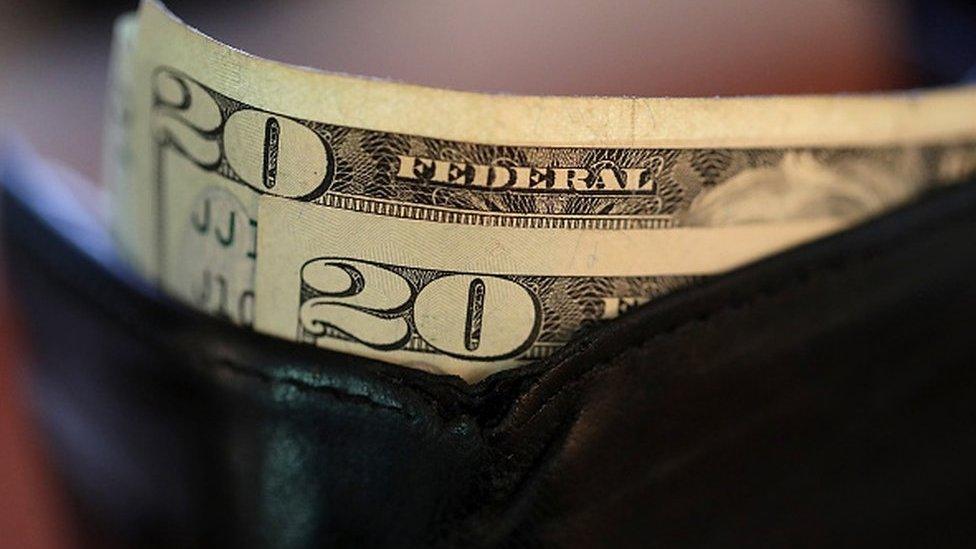
A total of 17,000 wallets were 'dropped' in 355 cities in 40 countries
A few years ago, research assistants "found" 400 wallets in public buildings - banks, theatres, hotels, police stations, post offices and courts - in eight Indian cities.
They handed them in to the security guards and receptionists after claiming to have stumbled upon them, before quickly leaving.
Some of the wallets had no money; others had 230 rupees ($3.30; £2.60) in cash. Each wallet contained three identical business cards, with the owner's name and email address, a grocery list and a key.
A team of researchers posing as the owners of the wallets then waited to be contacted by these security guards and receptionists as part of an experiment to test their honesty.
The wallets were handed over to 314 men and 86 women in the cities of Ahmadabad, Bangalore, Coimbatore, Hyderabad, Jaipur, Kolkata, Mumbai and Delhi.
An impressive 43% of the wallets containing money were reported to their owners. But the figure was much lower for cashless wallets - only 22% were returned.
Anonymous honesty app goes viral (2017)
The results of this fascinating experiment, external, published recently in Science, prove that people are more honest than we think. Alain Cohn, a behavioural economist at the University of Michigan and one of the lead authors, said this was "something we didn't expect".
"When people stand to heavily profit from engaging in dishonest behaviour, the desire to cheat increases but so do the psychological costs of viewing oneself as a thief - and sometimes the latter will dominate the former," the authors of the study write.
In India, southern cities had both the highest and lowest reporting rates for wallets with money - Bangalore (66%) and Hyderabad (28%). Another southern city, Coimbatore, turned out the highest reporting rate for wallets without money (58%), while the capital, Delhi, had the lowest rate of return (12%).
Overall, more women tended to report the wallets - with or without money - than men.
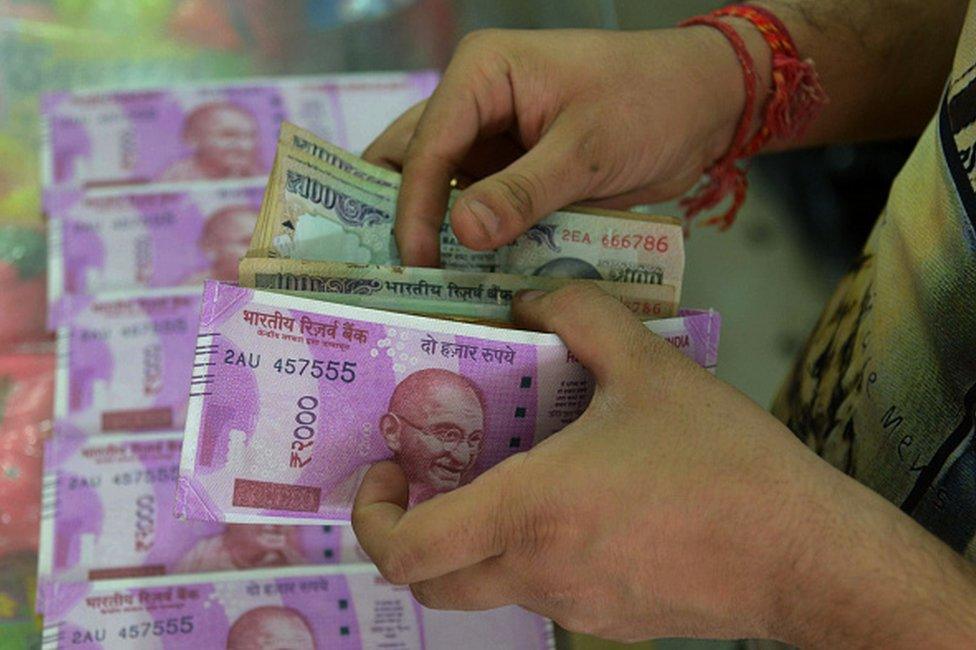
Some 400 wallets were "dropped" in eight Indian cities for the experiment
The wallet "drop" experiment in India was part of a larger global study by researchers to examine the trade-off between honesty and self-interest.
Between 2013 and 2016, research assistants "dropped" a total of 17,000 wallets in 355 cities in 40 countries. Some of the wallets contained $13.45 in local currency, with amounts adjusted to each country's purchasing power. Five to eight of the largest cities in a country were targeted.
The researchers found that people in 38 of the 40 countries were more likely to return wallets which had money in them. (The two outlier countries were Peru and Mexico.) When they increased the amount of money in the wallets by seven times in three countries, they found the average return rate climbed by 18%.
For wallets with money, the highest rate of reporting was in Denmark (82%) and the lowest in Peru (13%). Switzerland (73%) and China (7%) had the highest and lowest rates of reporting of wallets without money. People displayed more honesty when there was more money in the wallet.
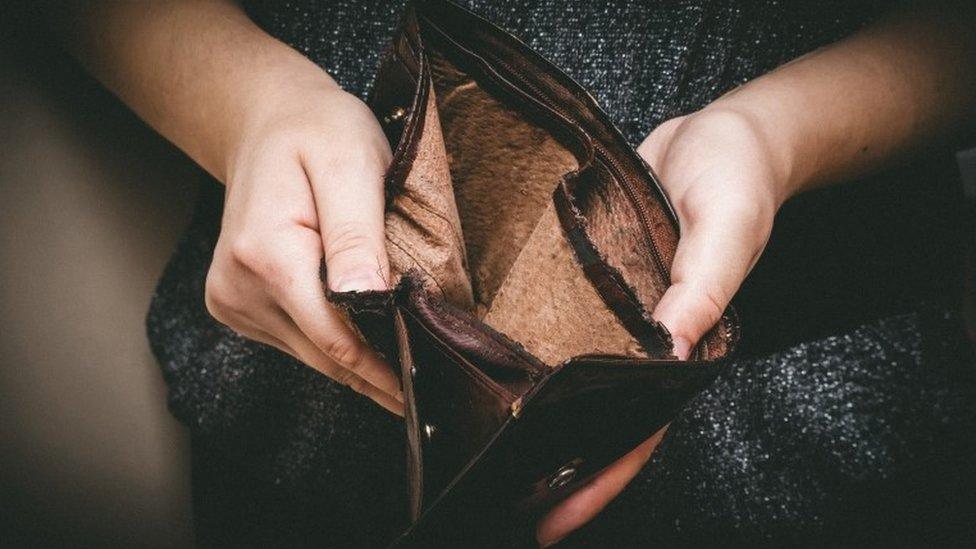
Many of the wallets that were "dropped" were empty
Measuring integrity is tricky business.
An experiment involving 1,500 participants from 15 countries, external by UK researchers in 2015 suggested that people rated India - along with China, Japan and South Korea - among the least-honest countries.
Separately, India ranked 78th in Transparency International's 2018 Corruption Perceptions Index,, external which ranked 180 countries and territories according to perceived levels of public sector corruption. (With first place going to the country judged least corrupt.)
"Wallet reporting rates in our experiment do correlate with measures like the Transparency International index," Christian Lukas Zünd, an economist at the University of Zurich and one of the lead authors of the study, told me.
The experiment had its amusing moments. In India, a person in charge of a building's security demanded a bribe from the research assistant to allow him to enter. He did not eventually report the wallet. In another place, a man handed the wallet said he would donate the money to a charity if he couldn't reach the owner. "I will write an email and if I don't hear anything, [I will] donate it. Otherwise it is nothing but a bribe," he said.
"That people were more honest if money was involved is truly a global phenomenon," Dr Zünd said. "It's true for India and other Asian countries."
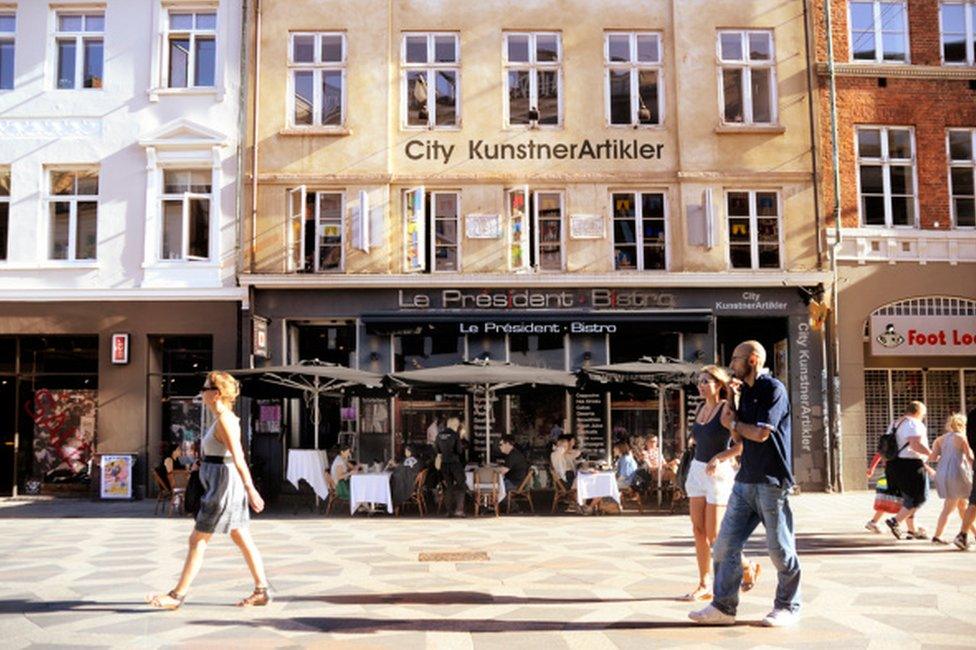
Denmark had the highest rate of reporting of wallets containing cash
So what does this experiment tell us about honesty and human behaviour?
One explanation for the results is altruism- people care about others, including strangers. That's why so many of them reported the wallets - interestingly, more wallets containing a key were returned than ones without.
More importantly, there is the "psychological cost" of viewing oneself as a thief.
"It is easy not to feel dishonest when keeping a wallet without money since you gain nothing from it. Bur it becomes much harder if money is involved," Dr Zünd said.
What about those who did not report the wallets? Economists say they could be dishonest, but they could equally just be busy or forgetful.
In his book The (Honest) Truth About Dishonesty, Dan Ariely, a professor of psychology and behavioural economics at Duke University, writes about a similar experiment. He walked into a dormitory at the Massachusetts Institute of Technology (MIT) and placed six-packs of Coca-Cola in half of the refrigerators and paper plates with six $1 notes in the others.
Within 72 hours, all of the colas were gone, but no one had taken the cash.
"This little experiment suggests that we human beings are ready and willing to steal something than does not explicitly reference monetary value… However, we shy away from directly stealing money to an extent that would make even the most pious Sunday school teacher proud," Professor Ariely wrote.
Honesty, clearly, is the best policy.

Read more from Soutik Biswas

Follow Soutik on Twitter at @soutikBBC, external
- Published8 February 2019

- Published7 August 2017
